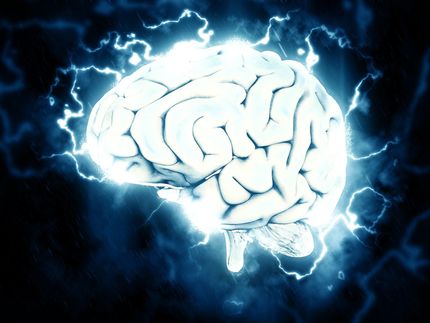Large New Study Supports Statins For Alzheimer's Disease
Nymox Has Global Patent Rights for the Use of Statin Drugs for the Treatment and Prevention of Alzheimer's Disease
Advertisement
Maywood, NJ. A large new study has found strong further evidence that statin drugs have therapeutic benefit for Alzheimer's disease (AD). Statin drugs are widely used cholesterol-lowering drugs. Researchers from France presented these significant new findings at the American Academy of neurology meeting this week in San Francisco.
Investigators followed 342 Alzheimer's disease patients for 35 months to determine whether taking statin and/or fibrates to lower cholesterol would have an effect on their rate of cognitive decline. They found that taking the cholesterol-lowering agents was associated with a slower cognitive decline and suggested that they may have a therapeutic benefit by a mechanism independent from the cholesterol-lowering action. The study, "Effects of Statins and Fibrates on Progression of Cognitive Decline in Alzheimer's Disease," was authored by Isabelle Masse, Regis Bordet, Dominique Deplanque, Abdullatif Al Khedr, Christian Libersa, and Florence Pasquier.
Nymox Pharmaceutical Corporation holds U.S. and global patent rights for the use of statin drugs for the prevention and treatment of AD.
According to Dr. Michael Munzar, Medical Director of Nymox, "Statin drugs have huge potential for Alzheimer's disease. They are safe, well tolerated and widely available. This large new study again supports the considerable body of evidence showing that taking statin drugs has positive effects on cognition in the elderly and can reduce the risk of Alzheimer's disease."
A growing body of scientific and clinical studies have shown the potential benefits of statin drugs to prevent or treat AD. Studies have shown up to 70% reduction in AD incidence in individuals who use statin drugs.
Alzheimer's disease is the leading cause of dementia in the elderly, afflicting an estimated 4.5 million people in the U.S.
Most read news
Topics
Organizations
Other news from the department science

Get the life science industry in your inbox
By submitting this form you agree that LUMITOS AG will send you the newsletter(s) selected above by email. Your data will not be passed on to third parties. Your data will be stored and processed in accordance with our data protection regulations. LUMITOS may contact you by email for the purpose of advertising or market and opinion surveys. You can revoke your consent at any time without giving reasons to LUMITOS AG, Ernst-Augustin-Str. 2, 12489 Berlin, Germany or by e-mail at revoke@lumitos.com with effect for the future. In addition, each email contains a link to unsubscribe from the corresponding newsletter.

























































